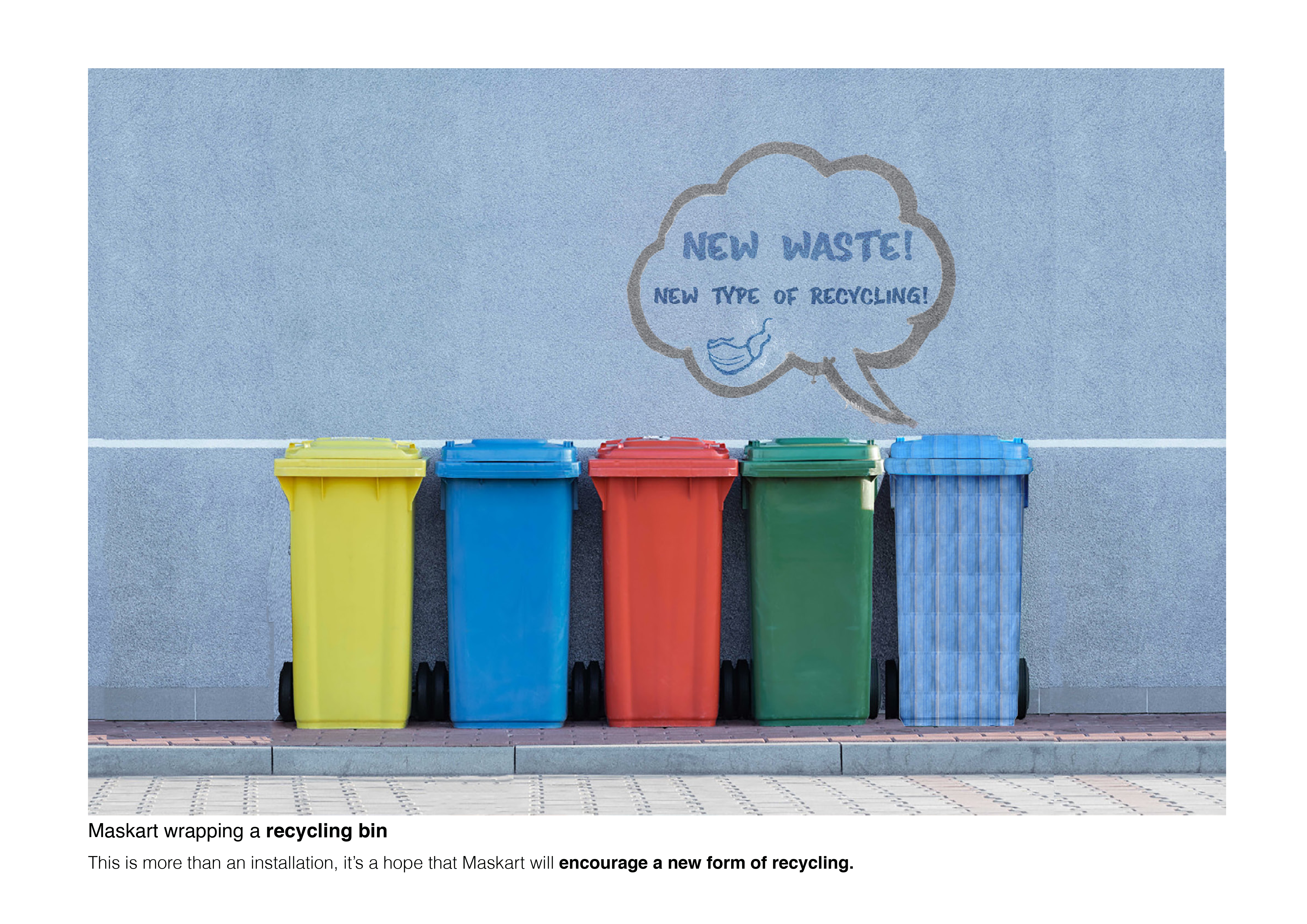Maskart, the global act
The mask, a global product
Every single mask is more than a mask, for the first time in the history of mankind, the blue mask has united us against a common enemy, a virus that has affected each and every single one of us, it connected us with the rest of the world in a moment of solidarity.
Wearing the same product: a blue mask, that don’t belong to any specific company or fashion trend, although it knows no borders, each mask is unique to each person, each mask has a story, a journey, each mask is a soul. The mask will always be a witness to a historical tragedy.
All tragic wars end up with victims and waste. In World War II the world lost an estimated total of 60 million people, generating millions of scrap metal waste all over the globe. The nuclear warfare killed more than 300 000 people, while its radioactive waste is still impacting nature and humans till today. In our war against Covid, as of this writing, we lost more than 5 million people, with more than 300 million confirmed cases, and billions of tons of masks waste. Here starts our reflection and vision of the project, how can we lead our own new war against waste?
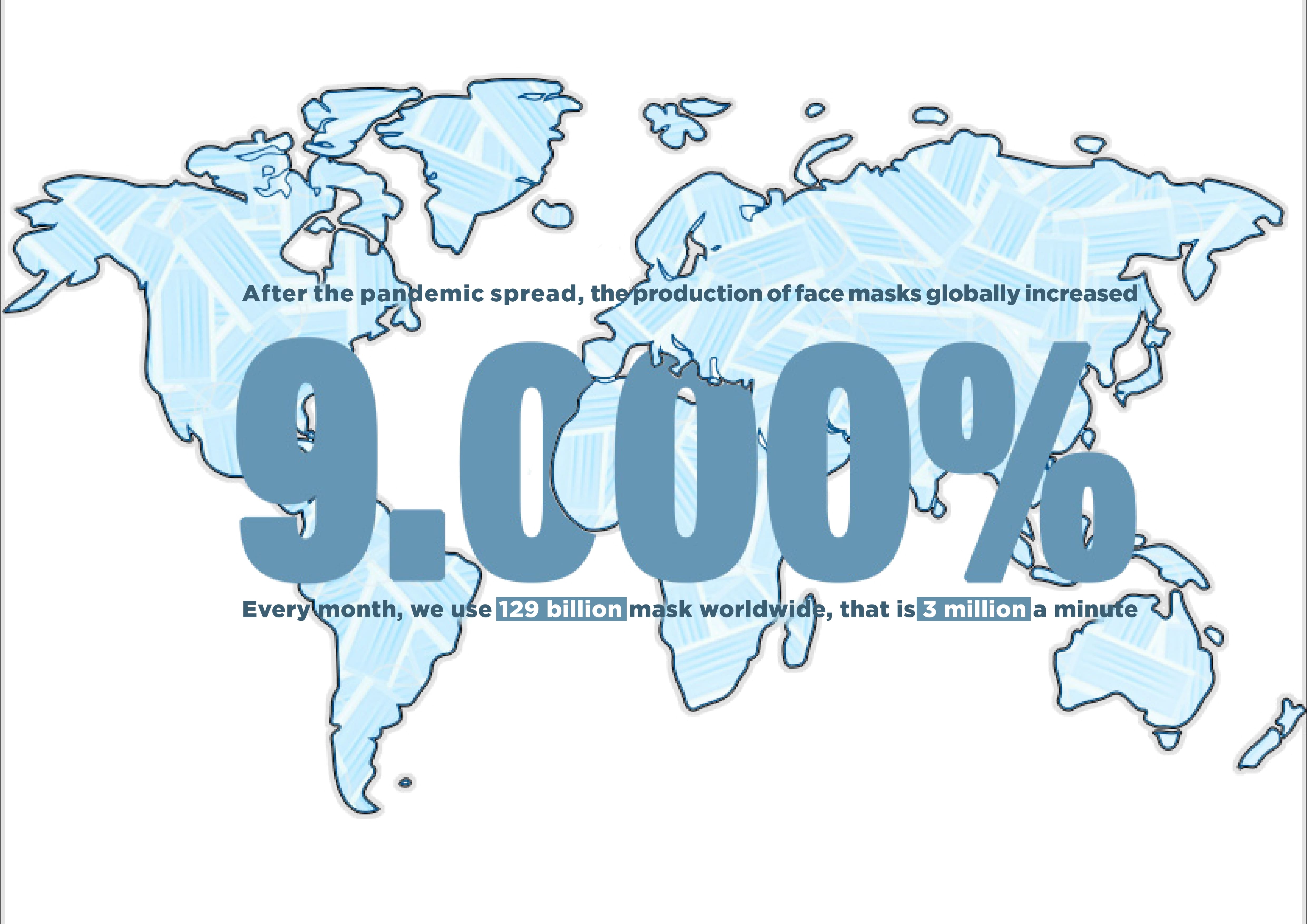
The Maskart, a global act
we believe that the design world can suggest new ways of looking at the unsolved issues of waste, climate change, and other global threats that the world is currently facing. The general idea of the design is based on belief
that art like coronavirus knows no borders, this led to a design based on turning the millions of mask waste into a collaborative art installation, a universal piece of art designed to be made and placed all around the world, in every community no matter it’s background, culture or religion.
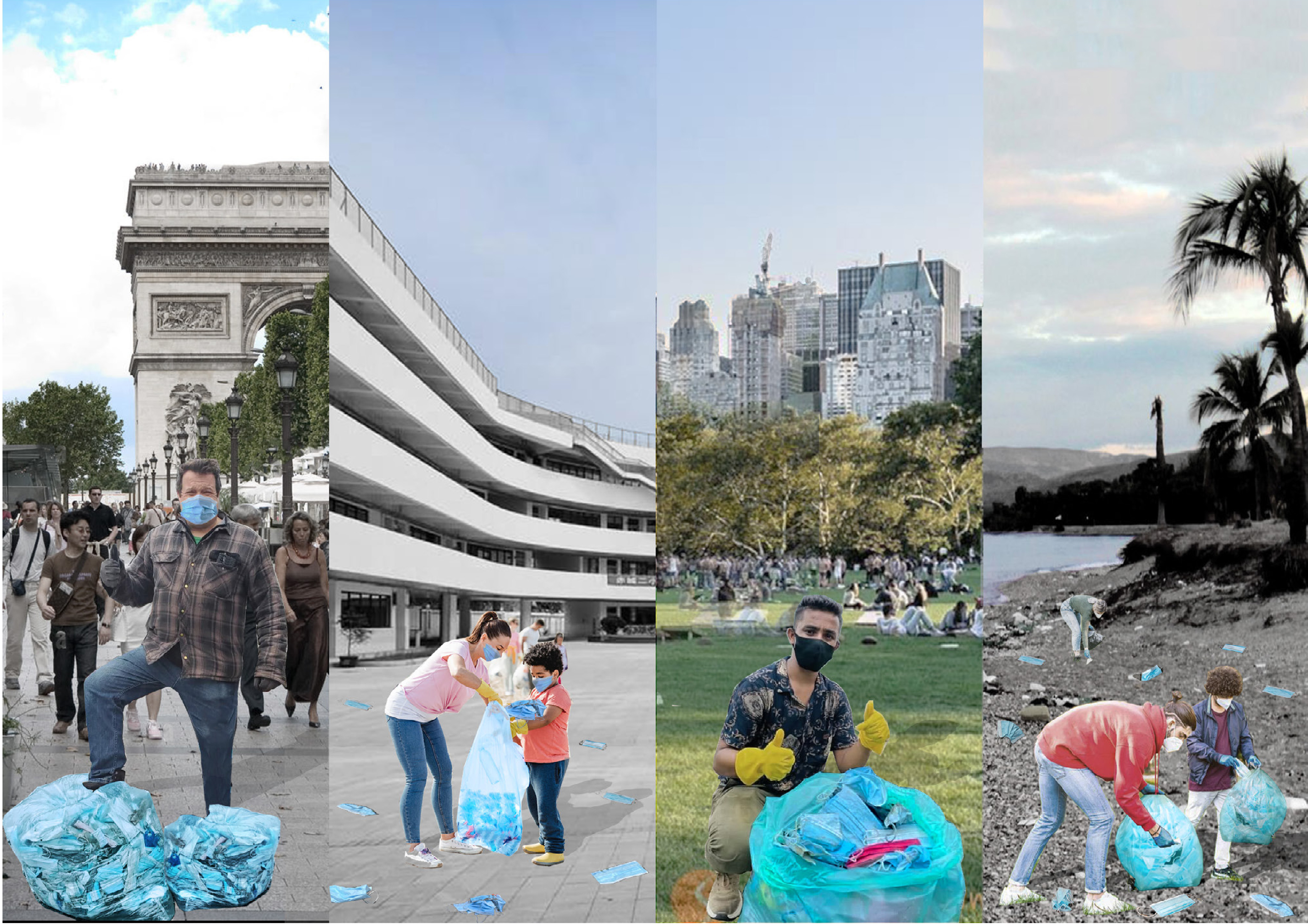
The overwhelming number of masks used in the project is meant to offer a stark reminder of the number of people lost to the virus, but most importantly, to highlight the huge quantity of masks that we consume and produce waste and to draw attention to the need for communities worldwide to make visible their growing waste problem and inspire innovative ways to reduce, reuse and recycle locally.
We believe that a worldwide problem requires a global solution, and should not only concern designers, but every one of us, so how can we turn a 17,5 cm x 9,5 cm mask, into something much global?
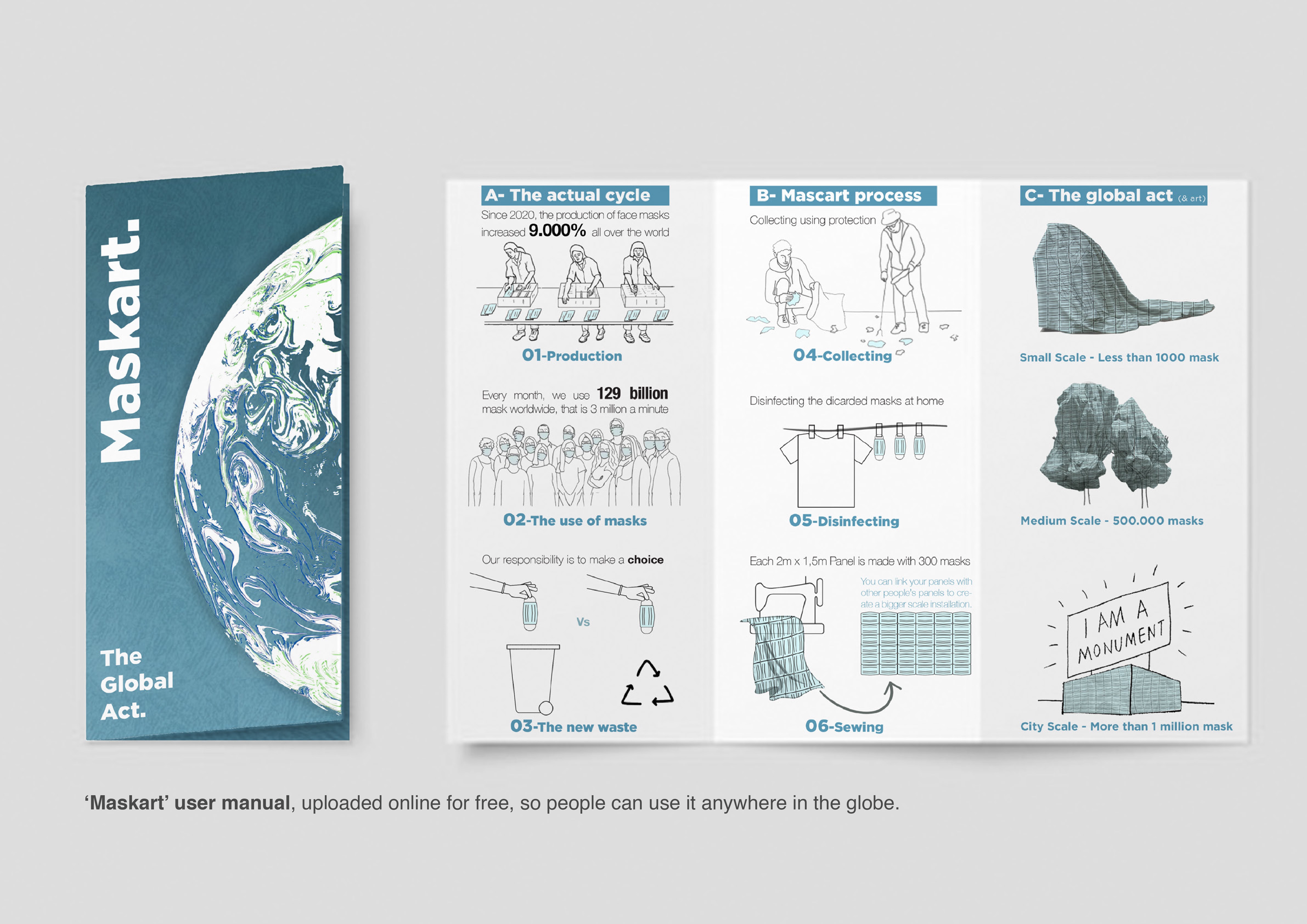
Art without boundaries
We believe that an individual small-scale project or installation is not enough to achieve systemic change or big environmental impact. A lot of designers are working with plastic waste at the moment, but they produce on a very small scale, or it’s very hard to make, requiring a lot of industrial process, that’s why we proposed a self-build project, that anyone can create with easily available masks thrown in our urban and public life, Maskart is easily adapted to different contexts, modular, scalable, quick, inexpensive, with less skill set required.
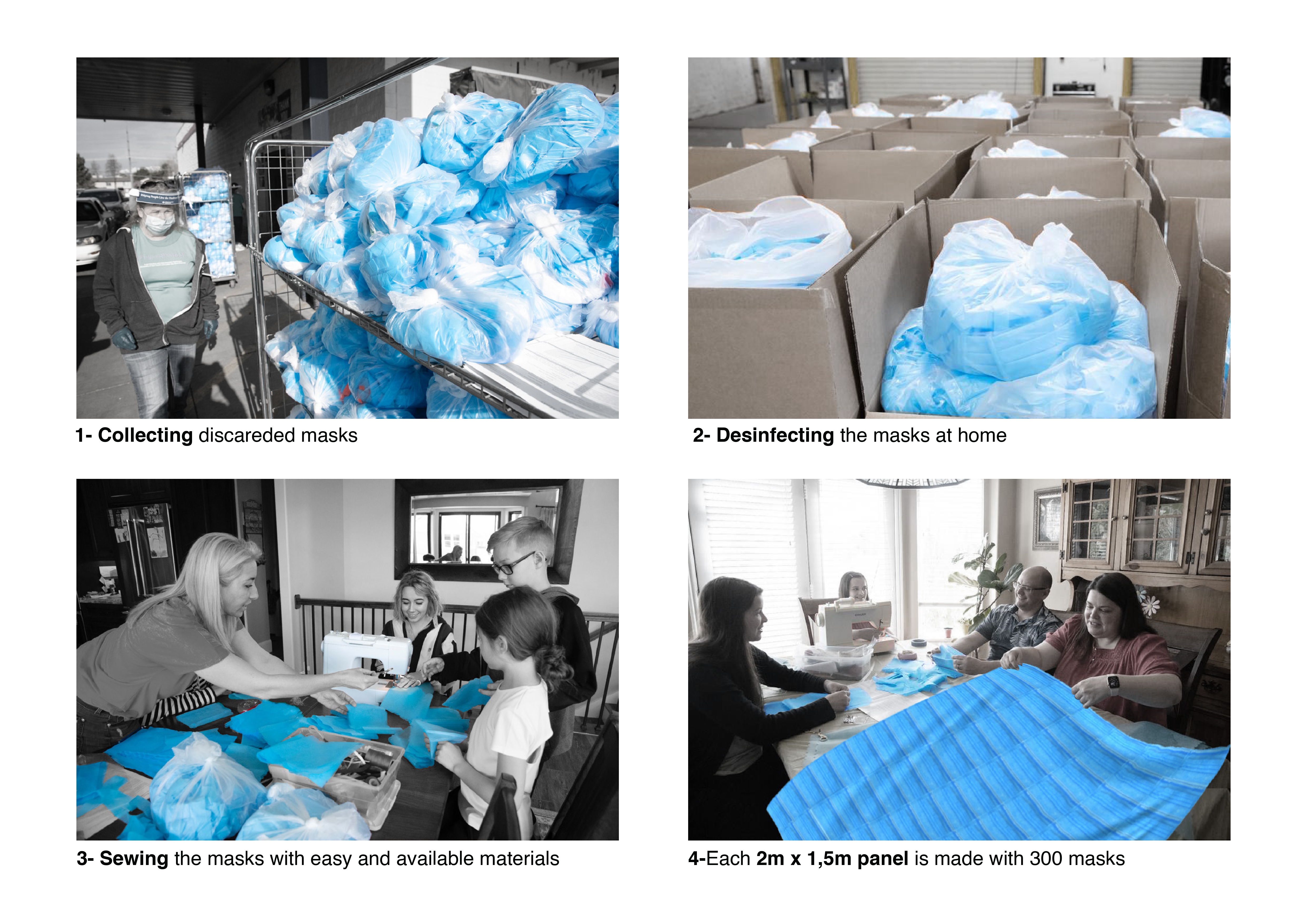
Art knows no cultural, race, or physical boundaries, Maskart could be made by anyone, anywhere, anytime.
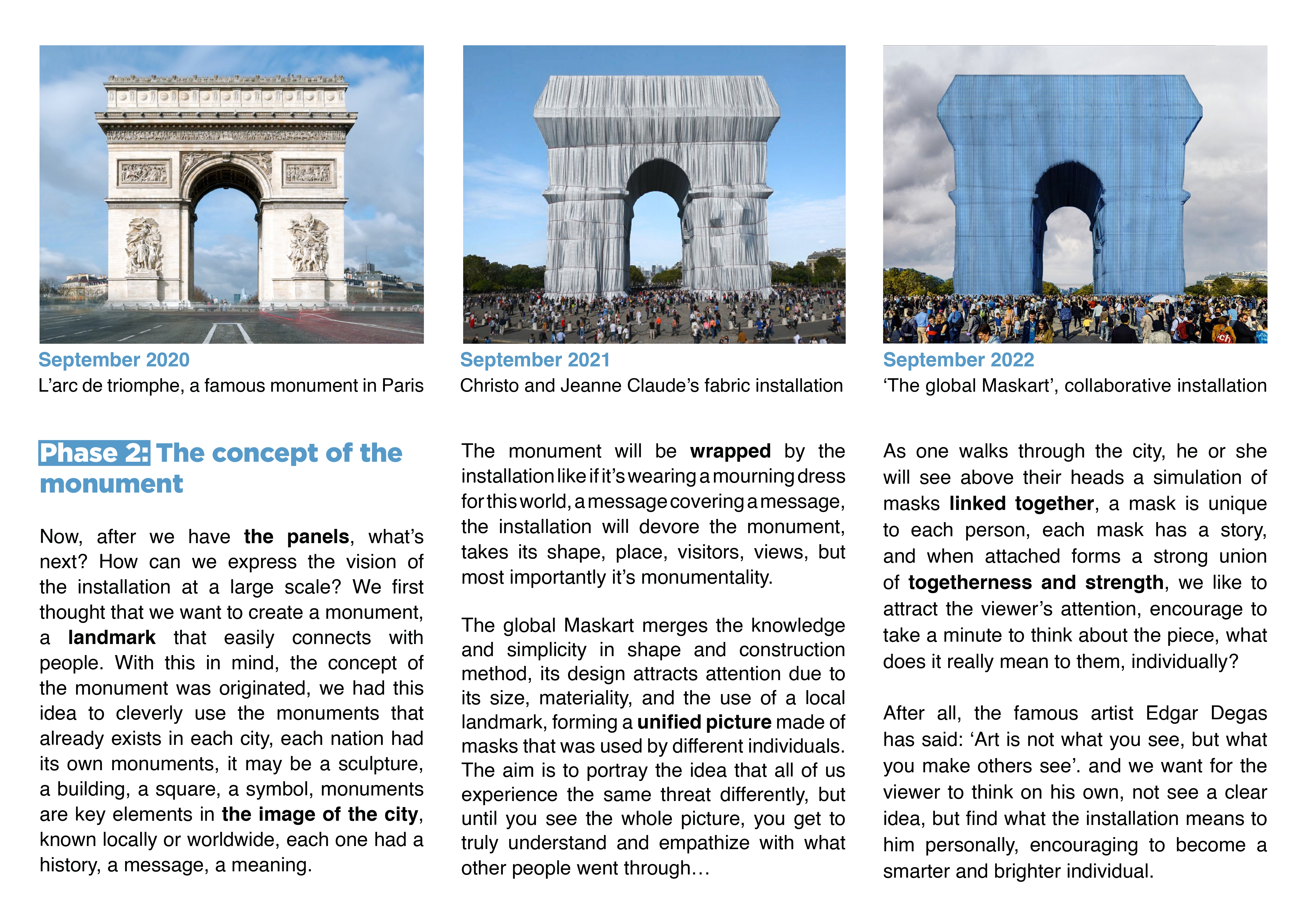
With the intention of making art accessible without a formal museum visit, the project reimagines how we can use design to effectively get the public to engage with important issues of today, that’s why the first thing we did is designing a user manual with instructions of our vision/project to be uploaded online for free, so people can use it anywhere in the globe, individuals, groups, school student, associations, friends, families.
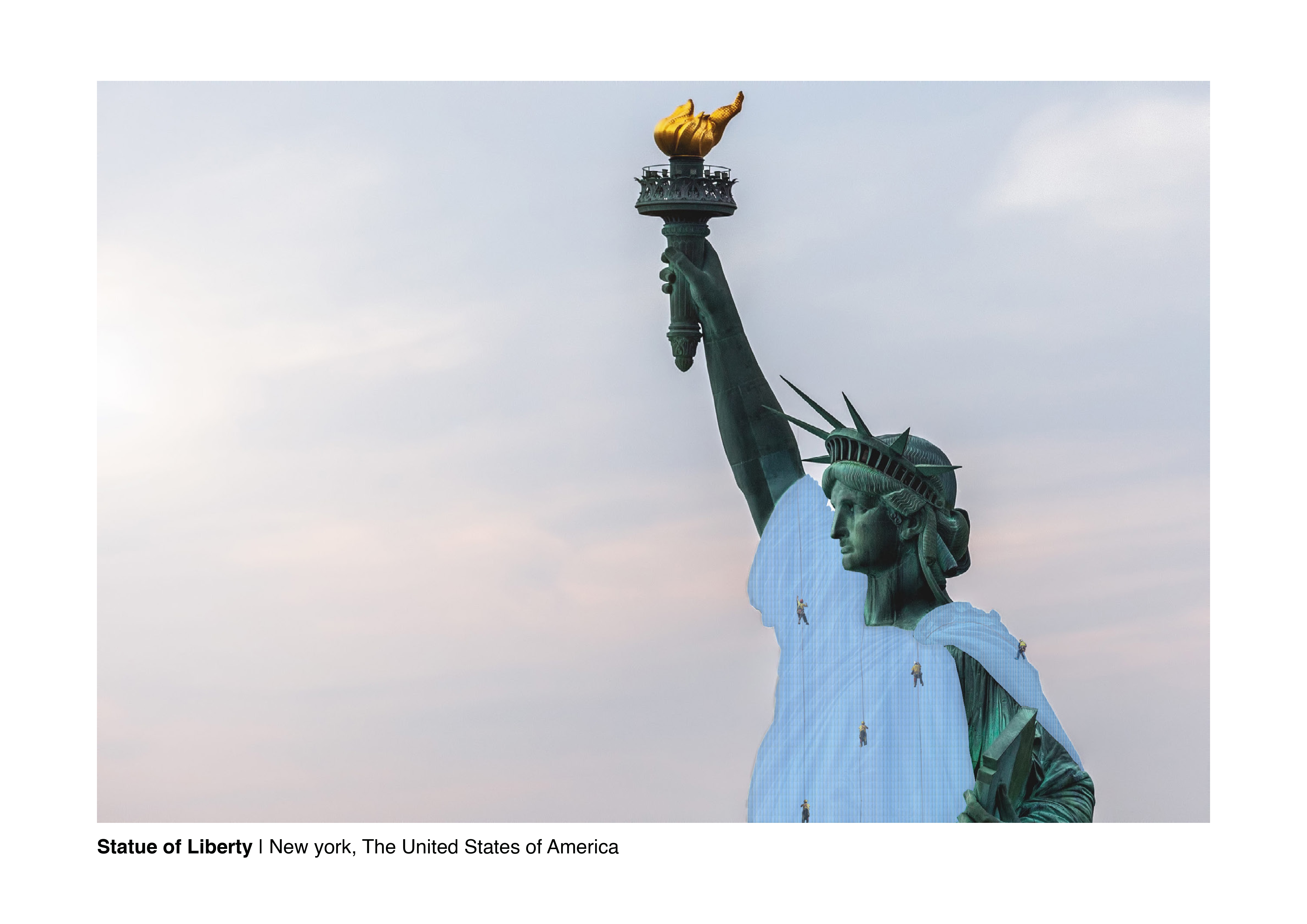
Everyone can be a part of the project, collecting the masks from home, workspace, streets, squares and other urban spaces.
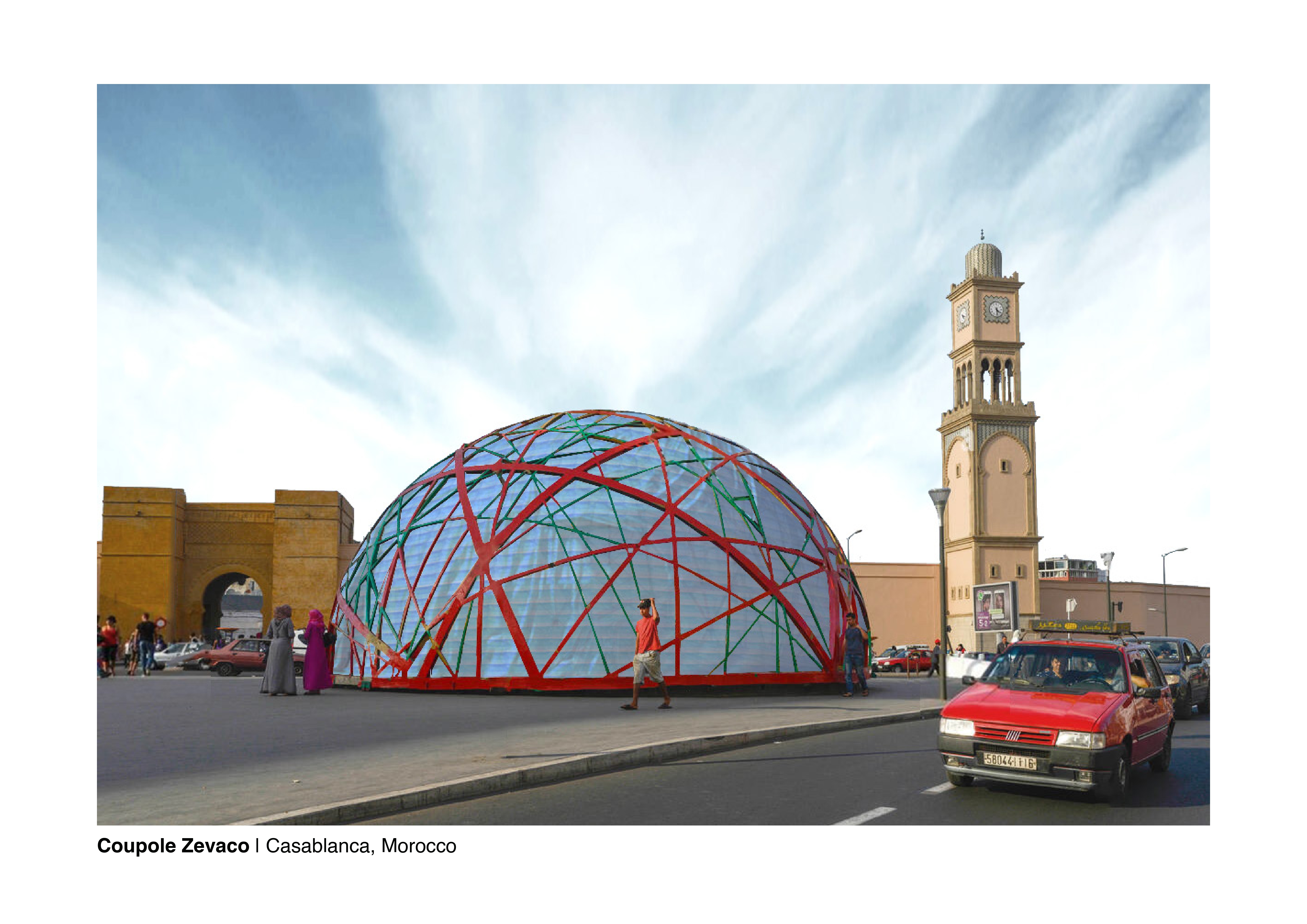
Being the main creator of the work or maybe just a volunteer helping in the process, anyone interested can donate or collect the discarded masks from his environment, and using the process described in the user manual, you create the panels according to the quantity of the masks collected, It’s scalable in the way that you can link your panels with other’s panels to create a bigger scale installation.
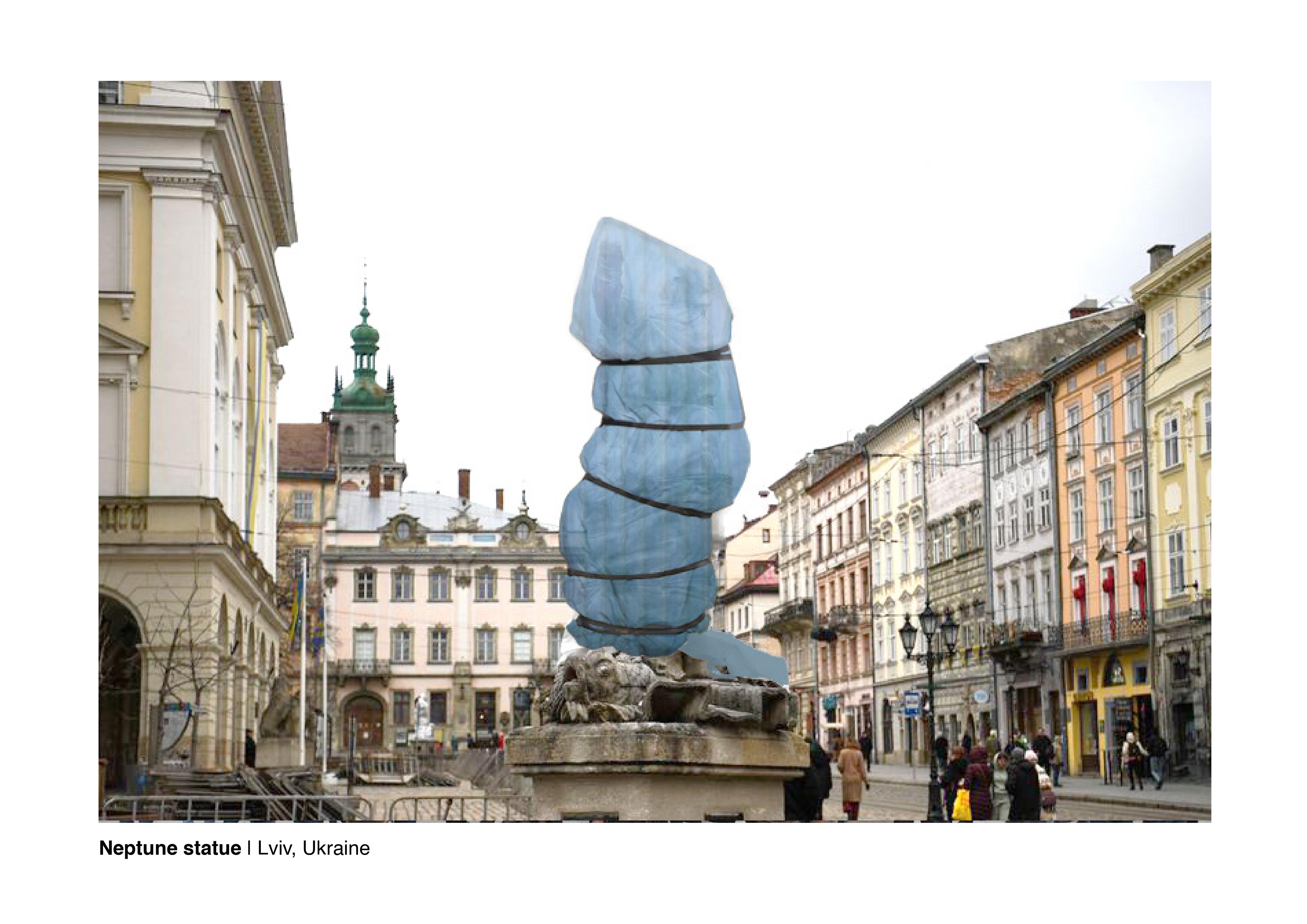
After all, the famous artist Edgar Degas has said: ‘Art is not what you see, but what you make others see’. and we want for the viewer to think on his own, not see a clear idea, but find what the installation means to him personally, encouraging to become a smarter and brighter individual.
